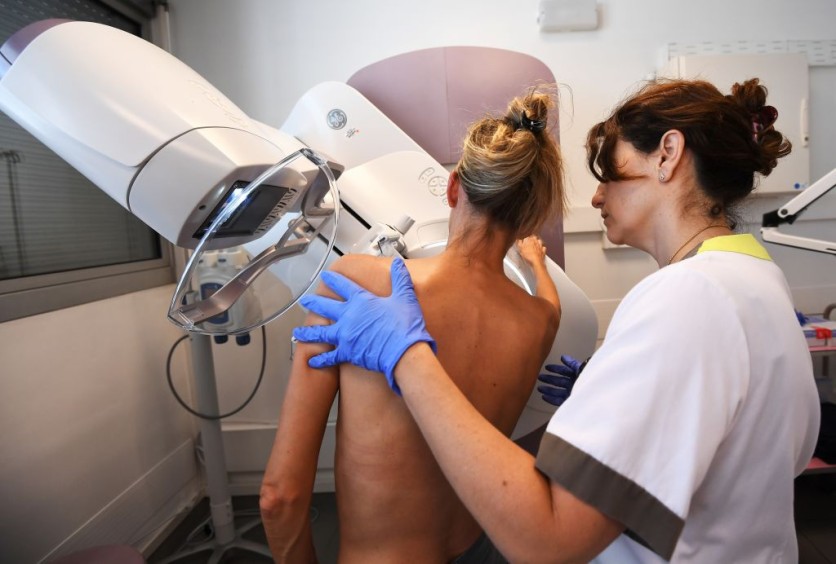The U.S. Preventive Services Taskforce (USPSTF) revised its guidelines Tuesday to recommend screening all women every other year, starting at 40.
According to experts, breast cancer is curable if detected early, and mammograms are a good screening test. Up until now, doctors advised women in their 40s to discuss mammogram scheduling based on their risks.
The task panel previously advised women to start mammograms at 50 and 40-49, depending on risk. According to the American Cancer Society (ACS), "average" risk women aged 40-44 "have the option" to start screening, but not all women until they are 45, per NPR.
Latest Breast Cancer Numbers Raise Concern Among Experts
UCLA internal medicine expert Dr. Carol Mangione, former Chair of the U.S. Preventive Services Taskforce and co-author of the revised recommendation says the evidence now supports mammograms for all women at 40.
The expert noted that recent "more inclusive science" about breast cancer in women below 50 "has allowed us to expand our prior recommendation." Mangione pointed out that rates of women getting breast cancer in their 40s are rising.
A thorough evidence evaluation by an impartial panel of specialists makes task force recommendations the top standard that many doctors follow.

A patient has a mammogram, on October 9, 2017 at the Paoli-Calmette institute, a fight against cancer regional centre.
Breast cancer, according to the USPSTF, is the second most common malignancy and the second leading cause of cancer mortality in women. Moreover, black women had 40% higher breast cancer mortality than white women and commonly developed aggressive tumors at a young age.
Consequently, the new USPSTF recommendations have an impact on national health care. The Affordable Care Act compels insurers to pay for all task force-recommended exams and procedures.
Doctors Welcome New Breast Cancer Screening Recommendation
Dr. Nancy Chan, a medical oncologist and head of breast cancer clinical research at NYU Langone's Perlmutter Cancer Center, said that US healthcare professionals are increasingly suggesting screening for women at 40, as reported by France 24. Chan highlighted connecting recommendations with clinical practices, saying that the amended advice may increase insurance coverage for screening treatments not previously covered.
The health expert stressed that early breast cancer screening improves prognosis and recovery rates. Dr. Chan also advised women in their 40s to visit their doctors to determine their lifetime risk of breast cancer based on family history and other variables. It is important to note that lifestyle adjustments may also reduce the risk of developing the deadly disease.
Most women, even those at average risk, with a family history of breast cancer and "dense breasts," should follow the amended recommendations, according to a report from US News & World Report.
Individuals with a personal history of breast cancer, genetic markers that increase risk, or biopsy-detected tumors are exempt from the guidelines. These patients may benefit from more regular screening, as their doctors advise.
As medical professionals welcome the new recommendation in addressing breast cancer, the task panel recommend further research as the guidelines does not include individuals with history of the disease.

ⓒ 2025 TECHTIMES.com All rights reserved. Do not reproduce without permission.




